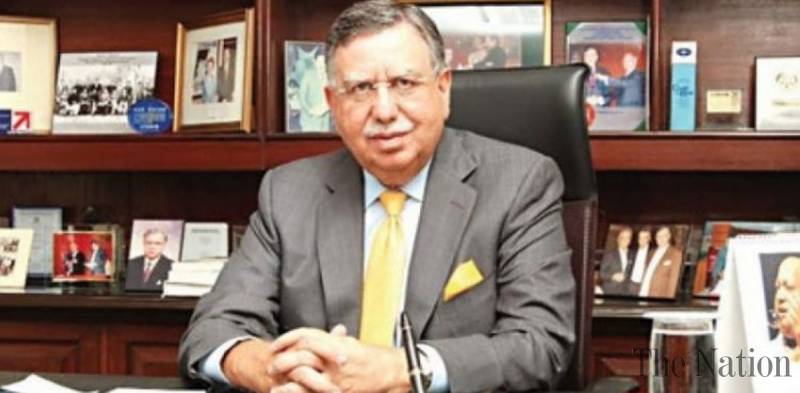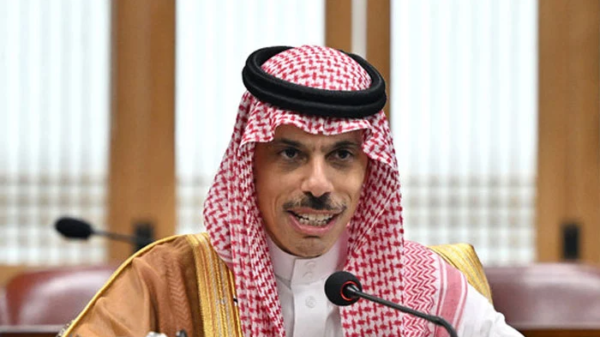With two simultaneous reviews of Pakistan’s IMF programme just round the corner as we go to press, the resurfacing of the fundamental imbalances of the country’s economy have set alarm bells ringing at both the Ministry of Finance and the State Bank of Pakistan.
Behind the alarming situation are the so-called twin deficits: Fiscal deficit and current account deficit.
Given that such deep-seated structural imbalances cannot be tackled through window dressing, Pakistan requires to pursue mediumto long-term reforms to avoid overheating of the economy and achieve a higher growth trajectory at sustainable levels.
Pakistan and the IMF are scheduled to hold virtual review talks from 29 September 2021, for accomplishing sixth and seventh reviews simultaneously for approval of USD 1 billion under Extended Fund Facility (EFF).
The first round of talks will be technical in nature where both sides will be doing number crunching in the first week and then hold policy-level talks commencing from 5 October 2021.
The upcoming review talks will conclude in the second week of October when Pakistan’s Finance Minister Shaukat Tarin visits Washington DC to attend the joint Annual Meetings of the World Bank Group and IMF, the Bretton Woods institutions charged with steering the global economy. Minister Tarin and his entourage will hold talks with the IMF on the side-lines of the Meetings.
Islamabad needs to analyse its economic situation at this juncture. Pakistan’s budget deficit for the fiscal year ending 30 June 2021 has climbed to 7.1 percent of GDP, equivalent to PKR 3.043 trillion.
The budget deficit stood at 8.1 percent of GDP in the fiscal year 2019-20 and 8.9 percent of GDP in the fiscal year 2018-19,
so the average budget deficit remained hovering around 8 percent of GDP in the last three years’ rule of the PTI-led coalition government.
Such high budget deficit is bound to push up the current account deficit because expansionary fiscal policies cannot sustain without increasing imports so the current account surplus had to turn into a deficit with a certain time lag.
The PTI-led regime was celebrating the short-lived current account surplus as a great achievement is now mum as the deficit has resurfaced.
Governor State Bank of Pakistan (SBP) Dr. Reza Baqir has now told journalists this current account deficit should be considered it as good news for Pakistan’s economy, arguing that it shows the economy is growing. The problem, however, is that it also poses a potential threat to the national economy.
The Annual Plan for 2021-22 prepared by the Ministry of Planning and approved by the Parliament had projected current account deficit for the entire fiscal year at USD 2.3 billion. In reality, the current account deficit had surged to USD 2.3 billion in the first two months (July and August) and it might touch double-digit by end of the current fiscal year.
The current account deficit stood at around USD 800 million in July 2021 and USD 1.5 billion in August 2021 so in totality, it remained to hover around USD 2.3 billion in the first two months of the current fiscal year.
The SBP had made its own projection and estimated that the current account deficit would be hovering around USD 6 billion to USD 9 billion during the current fiscal year. However, renowned economist Dr. Hafiz A Pasha has warned that the CAD might go beyond USD 12.
Against this backdrop, the monetary, fiscal, and exchange rate policies become important tools to cool down the overheating economy.
First of all, the SBP used an exchange rate anchor to allow the rupee to depreciate against the US dollar and the Pak Rupee nosedived from PKR 152 to PKR 170 against US dollar in the last four to five months despite reports that the SBP has pumped dollars in the market to stabilize the rupee.
The Monetary Policy Committee (MPC) in its statement said the flexible market-based exchange rate regime has performed well since its introduction in June 2019, including through the Covid shock. It has overseen a healthy modulation of the current account and supported a critical build-up in the country’s gross and net forex reserves despite external pressures.
“Under this regime, the SBP does not suppress an underlying trend in the exchange rate and any interventions are limited to address disorderly market conditions” it added.
Since its floatation, the rupee has moved in an orderly manner in both directions and has depreciated by only 4.8 percent to date, much less than many other emerging market currencies over the same period.
Since the rupee was floated, SBP’s gross foreign exchange reserves have nearly tripled to a record USD 20 billion, while net international reserves have risen by nearly USD 16 billion between end-June 2019 and end-August 2021. 8.
The MPC observed that while the flexible exchange rate has appropriately played its role as a shock absorber, it is important that its role be complemented by strong exports, targeted measures to curb nonessential imports, and appropriate macroeconomic policy settings to contain import growth.
However, independent economic experts believe that the exchange rate anchor exhausted its effectiveness and SBP was forced to hike the discount rate by 25 basis points to jack it up from 7 to 7.25 percent in the latest Monetary Policy announcement in a bid to suppress the rising demand.
On the fiscal side, the government has decided to impose 100 percent cash margins and additional regulatory duties on nonessential items in order to discourage imports and cool down the overheating economy.
It is aimed at averting the heating up of the national economy through fiscal measures as Finance Minister argued that the GDP growth should not jump up to 6 percent from 4 percent in one go as they wanted to keep it in the range of 5 percent for averting creation of imbalances on macroeconomic fronts.
On other hand, the government also launched its flagship Kamyab Pakistan Program for doling out multibillion rupees small loans to implement its bottom-up approach for uplifting the neglected segments of the country. However, the government says it has scaled down this KPP massively to align it with the IMF conditions.
The upcoming IMF talks would mainly focus on the energy sector in the context of eliminating circular debt on a permanent basis; the overall fiscal framework, Kamyab Pakistan Program; and enhanced autonomy for the SBP through amendment bill.
The hiking of power and gas tariffs will be part of IMF demands. The rupee devaluation seen in the recent past and further hikes in utility prices will push up inflationary pressures. There is no solace on the menu for the common citizen in the near future.
Pakistan’s economy remains trapped in boom-bust cycles mainly because it has failed to attract the required level of investments and savings to fuel higher growth. As a result, the country has to repeatedly witness a crisis-like situation after a pause of every IMF program in the name of stabilisation because a high growth trajectory
inevitably enlarges macroeconomic imbalances.
The high rate of inflation is another headache for the government chiefly because of supply disruption caused by the Covid-19 pandemic. It can only be tackled through enhanced productivity of the agriculture sector.
An additional worry is that Pakistan has become a net importer of food and commodities. Over the last fiscal year, Pakistan spent USD 8.4 billion on the import of wheat, sugar, cotton, pulses, palm oil, and other items.
Any headway towards a permanent solution of Pakistan’s economic woes lies in enhancing the efficiency and productivity of the neglected agriculture sector. Failing what, the country will remain hostage to expensive food imports at the prices prevailing in the international market.










